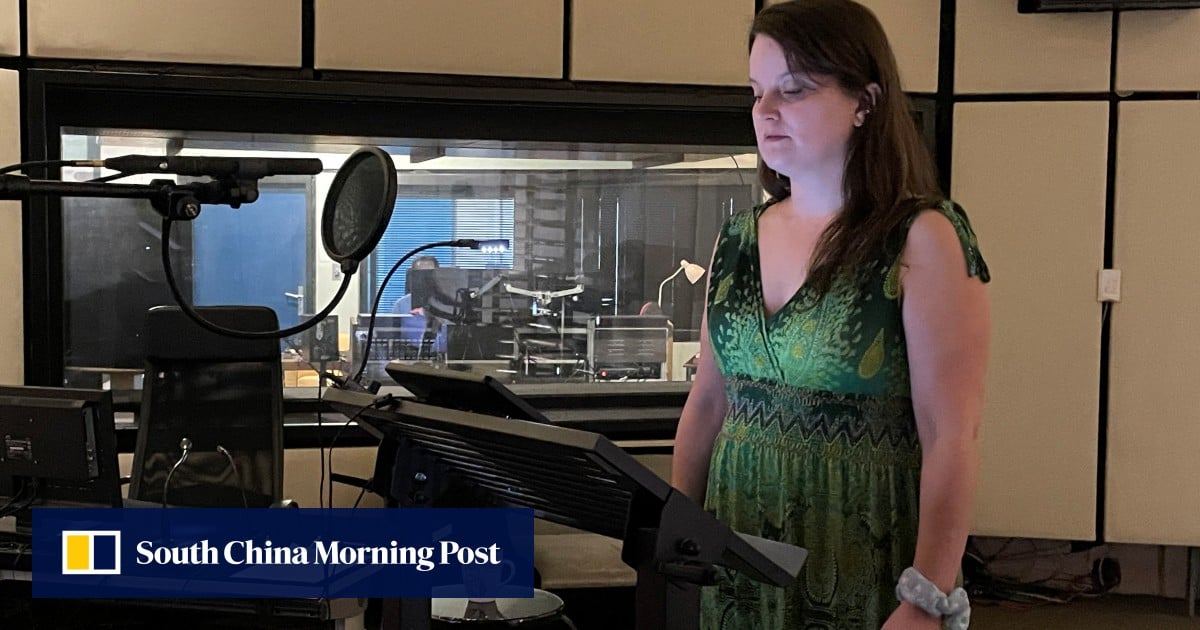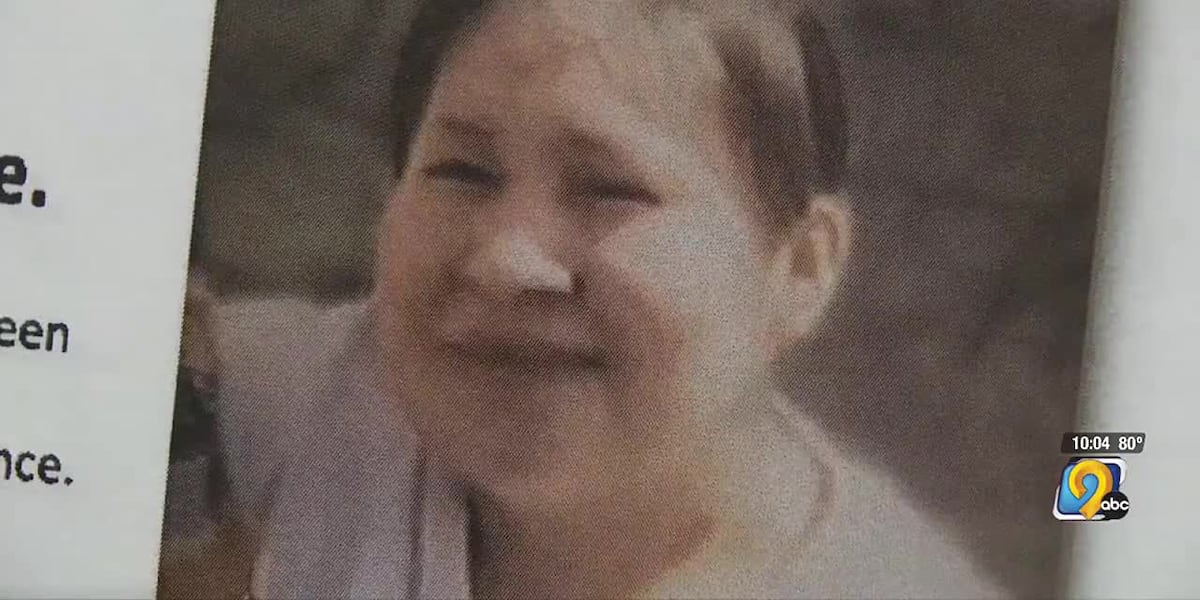AI Voice Cloning Threatens Dubbing Industry: Actors Demand Regulation
2025-08-02

South China Morning Post
The booming field of Artificial Intelligence is rapidly changing industries, and the world of voice acting is no exception. Voice actors specializing in dubbing are sounding the alarm, expressing concerns that AI voice cloning technology is poised to replace human talent. As AI tools become increasingly sophisticated, capable of mimicking voices with remarkable accuracy, dubbing actors are facing an uncertain future. This has led to a growing call for regulation to protect their livelihoods and preserve the artistry of voice acting.
The Rise of AI Voice Cloning
AI voice cloning, also known as voice synthesis, involves using machine learning algorithms to create artificial voices that sound like real people. These voices can be generated from relatively short audio samples, and the technology is getting better and faster every day. Initially, the results were often robotic and unnatural, but advancements in deep learning have produced incredibly realistic imitations. This has opened up possibilities for various applications, including video games, audiobooks, and, crucially, dubbing.
Dubbing Industry Disruption
Dubbing, the process of replacing the original audio track of a film or television show with a new one in a different language, is a complex and nuanced art form. It requires not only linguistic proficiency but also a deep understanding of acting, timing, and cultural context. Traditionally, skilled voice actors have been the backbone of this industry, bringing characters to life in new languages and ensuring that the emotional impact of the original content is preserved.
However, AI voice cloning is now offering a potentially cheaper and faster alternative. Companies are experimenting with using AI to generate dubbed versions of content, using a cloned voice to mimic the original actor's performance. This has sparked widespread anxiety within the dubbing community.
Actors' Concerns and the Call for Regulation
Many voice actors are voicing their concerns about the potential displacement of human talent by AI. They argue that while AI can replicate a voice, it lacks the creativity, emotional depth, and nuanced understanding of human actors. Furthermore, they raise ethical concerns about consent and the use of their voices without permission.
The fear isn't simply about job losses; it's about the potential devaluation of the craft. If AI-generated voices become the norm, the demand for skilled human actors could diminish, leading to a decline in the quality of dubbing.
In response, a growing number of voice actors are advocating for regulations to govern the use of AI in dubbing. These regulations could include requirements for transparency (disclosing when a voice is AI-generated), consent (seeking permission from actors before cloning their voices), and compensation (ensuring that actors are fairly compensated for the use of their likenesses).
The Future of Dubbing: Collaboration or Competition?
The debate surrounding AI in dubbing isn't necessarily about replacing human actors entirely. Some industry experts believe that AI could be used as a tool to *assist* voice actors, rather than replace them. For example, AI could be used to generate initial drafts of dialogue or to automate repetitive tasks, freeing up actors to focus on the more creative aspects of their work.
The key will be finding a balance between embracing the potential of AI and safeguarding the livelihoods and artistic integrity of human voice actors. The coming years will likely see significant discussions and negotiations as the industry grapples with the implications of this rapidly evolving technology. The future of dubbing may well depend on finding a collaborative path forward, where AI and human talent can work together to create engaging and authentic content for global audiences.






